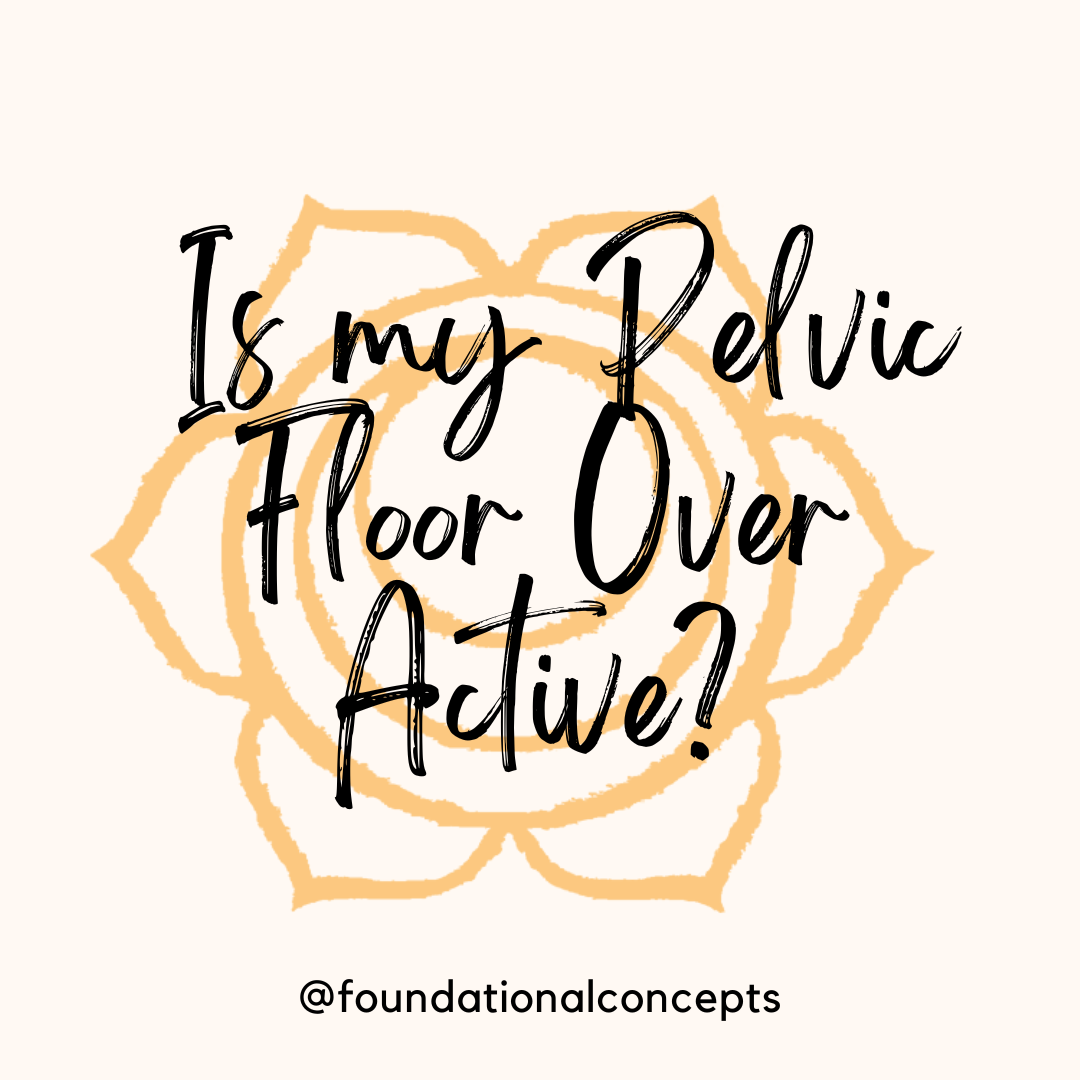Itching “down there” is a common complaint but one that we shouldn't ignore. When we…

Pelvic Organ Prolapse part 1: What it is and how it presents
Pelvic organ prolapse is where the pelvic floor muscles, ligaments and fascial tissues are not able to provide the support to your pelvic organs. These pelvic organs include your bladder, uterus, and rectum. The pelvic floor muscles act like a sling to help support pelvic organs. As we have pregnancies, deliveries, go through peri-menopause and menopause, these muscles, ligaments and fascia become less supportive. Just as we expect some wear and tear on our joints, we see the same in our pelvic organ support system.
This is something that happens to most women, and can be in varying degrees of severity. If you don’t have any symptoms of prolapse, there is really no need to worry over it. You may have a prolapse without any symptoms or concerns. You may have symptoms which we will discuss, and when these arise, you want to see a healthcare provider who can help you guide your management. This would be a pelvic floor physical therapist, your primary care provider, or your gynecologist or urogynecologist.
The symptoms of prolapse can vary by person and where the prolapse is occurring. The common symptoms include:
- Fullness, pressure, and bulging in the vagina or pelvis. The bulging may worsen throughout the day, after standing, or with increased abdominal pressure like coughing, lifting, or jumping
- Low back aching
- Sensation of hitting something with deep intercourse
- Having to shift organs with your finger to have a bowel movement or empty your bladder
- Constipation or unable to completely empty your rectum with bowel movements
- Fecal incontinence or being unable to stop bowel movements
- Stress incontinence or leaking urine with increased abdominal pressure
- Urge incontinence or leaking urine with a strong and sometimes frequent urge to pee
There are several types of pelvic organ prolapse that are defined by what organ or part of the vaginal wall that is affected. The types of prolapse include:
- Anterior vaginal wall prolapse can contribute to a bladder prolapse called a cystocele. It occurs when there is weakness in the muscles or connective tissue of the front of the pelvic floor. There can also be a urethrocele which is a prolapse of the urethra, tube that carries urine from the bladder out when you urinate.
- Posterior vaginal wall prolapse can contribute to a rectal prolapse called rectocele. This occurs when there is weakness in the pelvic floor muscles or connective tissue in the back of the pelvic floor.
- A uterine prolapse can occur when there is generalized weakness in the pelvic floor muscles and connective tissues.
Causes of prolapse can come from a lot of different contributors. The most common one is vaginal childbirth especially if there was a perineal tear or episiotomy during delivery or if the provider needed to use forceps or a vacuum to aid in the delivery. The tear or episiotomy are a tearing of the pelvic floor muscles. When this occurs, scar tissue can form that is not as strong as the pelvic floor muscles prior to delivery. Similarly, with an instrument assisted delivery, there is significant stress placed on the pelvic floor muscles that can contribute to a tear or a stretch type injury.
Pelvic floor PT can help with management of prolapse symptoms to focus on improved pelvic floor muscle strength and coordination, management of abdominal pressure, pessary fitting and improved toileting techniques. I will discuss prolapse management techniques and how pelvic floor physical therapy is a key player in treatment and prevention in upcoming blogs.
If you are experiencing any of the symtpoms discussed. It is a good idea to seek help from a healthcare provider. In our region, you do not need a referral to see a pelvic floor physical therapist. We are trained to assess pelvic organ prolapse and help guide you in what management is appropriate given the degree of your prolapse. We offer a free 15 minute phone consultation to answer any questions you have and help make sure you are in the right place to get well.




